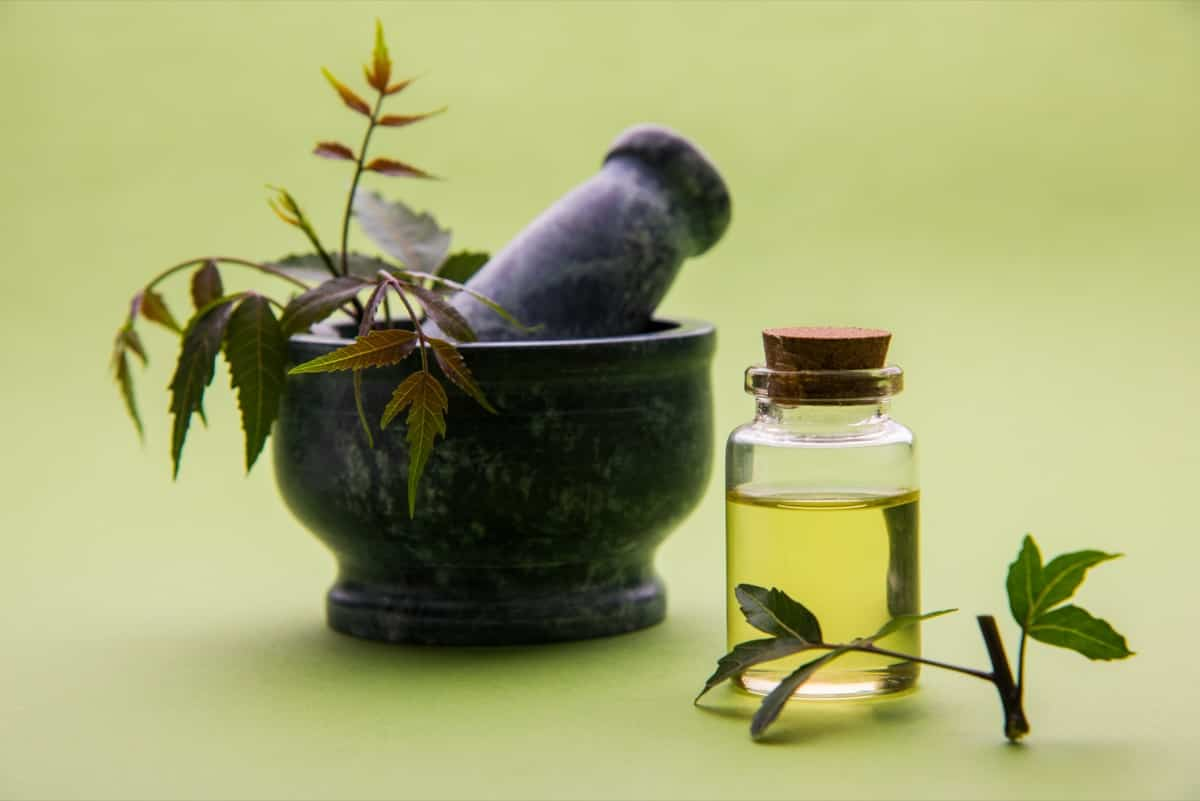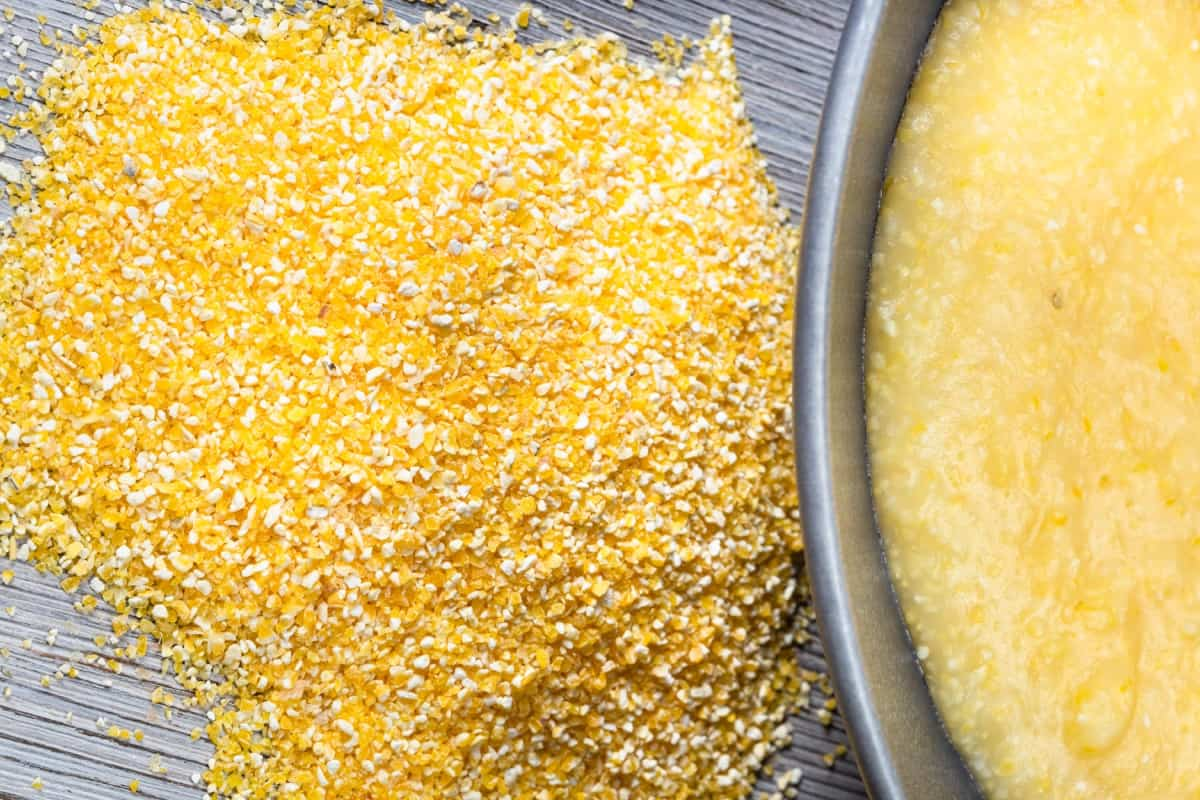Lawn fungus can be a common and frustrating problem for many homeowners. It can cause unsightly patches, discoloration, and even damage to the grass. While various commercial antifungal treatments are available, some people prefer to use natural, homemade remedies to tackle this issue. This article will explore different DIY antifungal treatments for lawns using ingredients commonly found at home.
DIY Antifungal Treatment for Lawns
Natural Antifungal Treatment for Lawns
Neem Oil
It is derived from neem tree seeds and is a natural antifungal treatment widely used in organic gardening. It contains compounds that inhibit the growth and reproduction of various fungi. To use neem oil on your lawn:

- Dilute neem oil according to the manufacturer’s instructions.
- Spray the diluted neem oil evenly over the affected areas of your lawn.
- Repeat the application every 7-14 days or as the manufacturer recommends.
Compost Tea
Compost tea is a natural fertilizer that also acts as an antifungal treatment. It contains beneficial microorganisms that help suppress fungal growth and promote a healthy lawn. To make compost tea:
- Fill a bucket or container with water.
- Add a shovel full of compost to the water and stir well.
- Let the mixture sit for 24-48 hours to allow the beneficial microorganisms to multiply.
- Put the liquid on your lawn using a sprayer or watering can.
- Repeat the application every 2-4 weeks for ongoing fungal prevention.
Homemade Remedies for Lawn Fungus
Baking Soda: An Effective Ingredient for Treating Lawn Fungus
Baking soda, a common household ingredient, can be surprisingly effective in treating lawn fungus. It works by altering the soil’s pH level, creating an environment that is less favorable for fungal growth. To use baking soda, mix one tablespoon of baking soda with 4 liters of water. Spray this solution onto the fungus-affected areas of your lawn. Repeat this process every two weeks until the fungus is under control.
Neem Oil: A Natural Fungicide for Your Lawn
It is a natural fungicide derived from the seeds of the neem tree. It has been used for centuries in traditional medicine and is known for its antifungal properties. To use neem oil as a remedy for lawn fungus, dilute it with water according to the instructions on the product label. Then, spray this diluted solution onto the affected areas of your lawn. Neem oil not only helps to control existing fungus but also acts as a preventive measure to inhibit future fungal growth.
Cornmeal: A Surprising Solution for Lawn Fungus Control
Cornmeal, a pantry staple, can also be used as a remedy for lawn fungus control. It contains beneficial microorganisms that help fight against harmful fungi. To use cornmeal, spread a thin layer over the affected areas of your lawn. Alternatively, you can mix cornmeal with water to create a spray and apply it directly to the affected areas. Regular cornmeal application can help suppress lawn fungus growth and promote a healthier lawn.
In case you missed it: How to Make Organic Liquid Lawn Fertilizer at Home: DIY Homemade Recipe

Organic Solutions for Fungal Lawn Diseases
Compost Tea
Compost tea will, in theory, kill existing fungus growth and prevent it from regrowing in your lawn. What exactly is compost tea? A Blend of 30% brown material (such as dry straw), 45% green material/organic matter, and 25% herbivore manure. Using this mixture will also ensure a healthy lawn once your new grass is planted.
Baking Soda
Make a baking soda mixture by mixing baking soda with water, then pouring it into a spray bottle. The product should be applied weekly to the lawn to prevent fungal diseases. It is best to do this in the morning so that the sun can help dry the soil. With time, baking soda kills the fungal disease by drawing moisture from it. A few drops of dish soap may also be added to this homemade lawn fungus treatment, helping to speed up the process.
In case you missed it: Homemade DIY Baking Soda Solution for Pests and Disease Control: Recipe for Natural and Organic Benefits of Plants

DIY Lawn Fungicide Recipes
- Baking Soda Solution: Mix one tablespoon baking soda in 4 liters of water. Apply this solution to your lawn using a sprayer. Baking soda helps control fungal diseases like powdery mildew.
- Neem Oil Spray: Combine 2 tablespoons of neem oil with 4 liters of water. The antifungal properties of neem oil make it useful in treating a wide range of fungal diseases.
- Vinegar Solution: Mix 2 tablespoons of apple cider or white vinegar with 1 gallon of water. Vinegar is effective against fungal diseases like black spots and can help control their spread.
Preventing and Treating Lawn Fungus Naturally
Preventing and treating lawn fungus naturally is important to maintaining a healthy and vibrant lawn. If left untreated, the fungus spreads and causes further damage. It causes unsightly patches and discoloration. Fortunately, several natural methods can help prevent and treat lawn fungus.
- One effective approach is to ensure proper lawn care practices, such as regular mowing, watering deeply but infrequently, and avoiding excessive fertilization.
- Additionally, improving the soil’s health by adding organic matter and promoting good drainage can help prevent fungus growth.
- If lawn fungus does occur, natural remedies like neem oil, baking soda, or compost tea can effectively treat the problem.
- Homeowners can maintain a healthy and fungus-free lawn by implementing these natural strategies.
Home Remedies for Lawn Mold and Mildew
Vinegar Solution: Vinegar is an effective natural remedy for mold and mildew. White vinegar and water should be mixed in equal parts and applied directly to the affected area. Let it sit for a few hours, then rinse off with water. Repeat this process regularly until the mold and mildew are gone.
In case you missed it: Homemade DIY Vinegar Spray for Pest and Disease Control: Recipe for Natural and Organic Benefits of Plants

Baking Soda: It is another inexpensive and readily available remedy. Mix 1 tablespoon baking soda with 4 liters of water and spray it onto the affected areas. Leave it on for a few hours, then rinse with water. Baking soda helps to kill mold and mildew while also neutralizing any odors they may cause.
Diy Solutions for Common Lawn Fungal Infections
- First, ensure proper lawn maintenance by watering in the morning, avoiding overwatering, and mowing at the recommended height.
- Additionally, improve air circulation by trimming overhanging branches and removing thatch.
- Applying a fungicide can also help control fungal infections. Natural remedies, such as neem oil or baking soda, can be effective alternatives.
- Lastly, regular aeration and overseeding can strengthen your lawn, making it more resistant to fungal infections.
Safe and Eco-friendly Antifungal Treatments for Lawns
- Keeping lawns healthy and vibrant requires safe and eco-friendly antifungal treatments.
- These treatments help eliminate harmful fungi that can cause damage to the grass and compromise its overall appearance.
- When choosing antifungal treatments for your lawn, opting for safe products for both humans and the environment is important.
- Organic and natural options, such as neem oil or baking soda, effectively control fungal growth without harming the surrounding ecosystem.
- Practicing good lawn care habits like proper watering and regular mowing can also help prevent fungal infections.
Controlling Fungal Diseases on Your Lawn Naturally
Fungal diseases can cause unsightly blemishes, discoloration, and even death of your grass. Fortunately, you can employ several natural methods to keep these diseases at bay. Proper lawn maintenance practices, such as watering in the morning and mowing at the correct height, can help prevent fungal growth.
Improving soil drainage, providing adequate air circulation, and removing excess thatch can also create a less favorable environment for fungal diseases. Organic fungicides, made from natural ingredients, can also be used as a last resort. By implementing these natural strategies, you can effectively control fungal diseases and enjoy a lush, healthy lawn.
Conclusion
Natural and homemade remedies can be effective in combating lawn fungus. Homeowners can create antifungal treatments by utilizing ingredients such as baking soda, neem oil, and compost tea. These remedies offer an alternative to chemical-based products, promoting a healthier and more environmentally friendly approach to lawn care.
- Feed Your Flock for Less: Top 10 Tips to Save on Chicken Feed
- Ultimate Guide to Ossabaw Island Hog: Breeding, Raising, Diet, and Care
- Hatching Answers: The Top 10 Reasons Your Chickens Aren’t Laying Eggs
- Eggs and Economics: Breaking Down the Cost of Raising Backyard Chickens
- Defend Your Greens: Proven Methods to Keep Iguanas Out of Your Garden
- Ultimate Guide to Cinnamon Queen Chicken: A Comprehensive Guide for Beginners
- Ultimate Guide to California Tan Chicken: Breeding, Raising, Diet, Egg-Production and Care
- Ultimate Guide to Marsh Daisy Chicken: Breeding, Raising, Diet, and Care
- 10 Types of Chicken Farming Businesses You Can Start for Profits